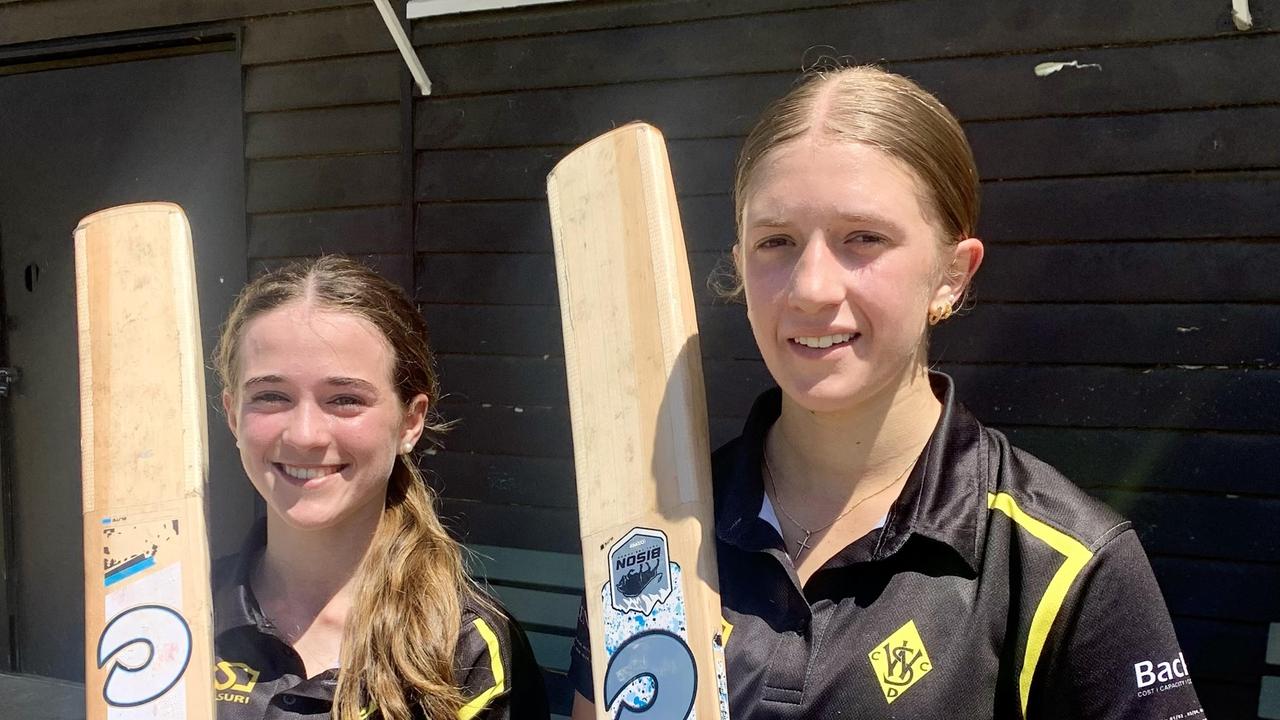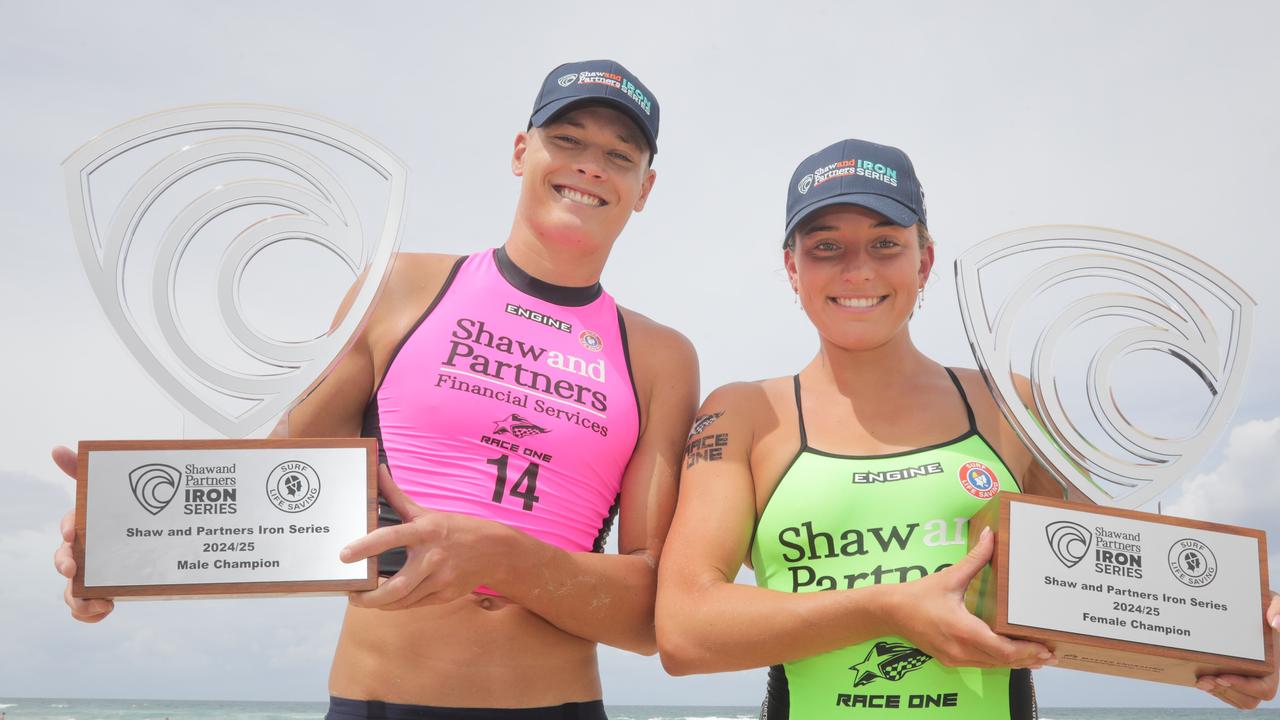AFL executive GM of football Laura Kane opens up on her first 12 months in the role, how she handles scrutiny
One of the most heavily scrutinised figures in the industry has opened up on how she deals with pressure and the previous career that shaped her AFL rise.
Sport
Don't miss out on the headlines from Sport. Followed categories will be added to My News.
Laura Kane is one of the most recognisable faces of the AFL.
The league’s executive general manager of football is often plastered across television screens unpacking a controversial umpiring decision or discussing a possible decisive rule change.
But as the first woman to hold her role at just 33 years of age, Kane is also blazing a trail for female sports administrators like few have.
“I’ve loved it, it’s gone very quickly, it’s been terrific,” said Kane, who on August 27 will officially tick over 12 months of working as Andrew Dillon’s right hand woman.
“It’s clearly a big responsibility but it’s one the team take seriously and we’ve enjoyed some of the big projects that we’ve worked on, but we also enjoy the week-to-week and the day-to-day, going to the footy and talking about the footy.
“I’ve enjoyed being able to interact with different people in the industry … to spend time with our commission, our broader club presidents and boards and CEOs has been a real joy.”
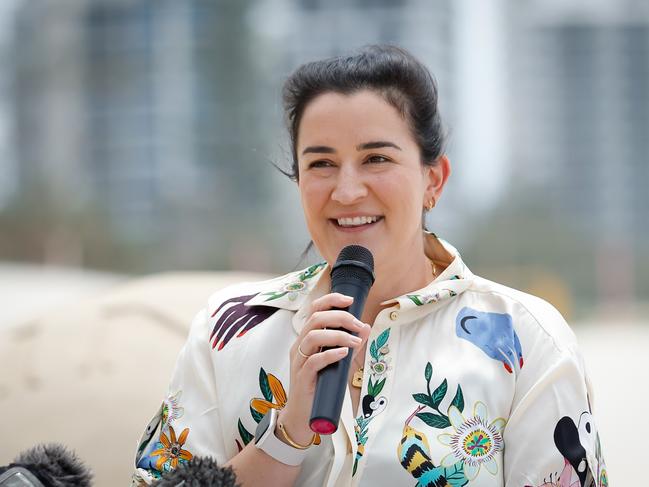
When one unpacks Kane’s ascension to the upper echelons of AFL administration, the ever-calm presence she maintains in the face of immense pressure and scrutiny from media, fans and clubs alike, becomes easier to comprehend.
Along with Kane’s legal background, where she worked as a personal injury lawyer for two years before she represented victims on the Royal Commission into Institutional Responses to Child Sexual Abuse, she also understands why fans care.
As a byproduct of that, she can appreciate frustrations when they arise.
“You just have to keep perspective,” she said.
“We, the AFL, are in charge of the national game in this country and it’s incredibly important to people. People feel a sense of ownership and they feel that because they pay money to come to games, sign up as members, and support their club.
“People are really passionate and if they’ve got something to say they want to be able to voice their opinion, if you keep your perspective on why they’re asking questions or why there might be a level of pressure or scrutiny, it’s because people love it and they feel so strongly about it and connected to it.
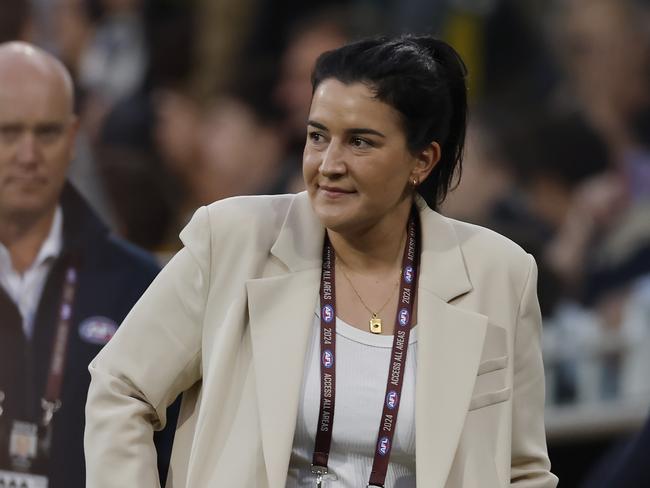
“That’s our responsibility, our job is to administer the game and make sure we’re doing what’s in the best interest of the game at all times.
“Sure, deal with some scrutiny and some bumpy moments, but it’s all part of it, at the end of the day I love footy so that makes it all worthwhile.”
Kane described the work that she carried out on the child abuse royal commission as “incredibly difficult, but important”.
“It was really important that all the people involved in the commission hearings had a platform,” she said.
“There was a lot of distress and people were telling stories - sometimes for the first time.”
The experience has held her in good stead as she climbed the ranks at AFL headquarters.
“It’s absolutely not the case in terms of that same level of personal distress in football, but there is a level of distress and emotion and passion,” she said.
“I think just having a calm response to anyone regardless of what they’re talking about or asking you is a good thing. I found that helped me in a highly pressurised high performance environment which is very different.
“In the context of our game it was very important to remain calm, maybe on the bench, or during the week, or now when I’m in contact with clubs at various stages throughout the week. It certainly helped me.”
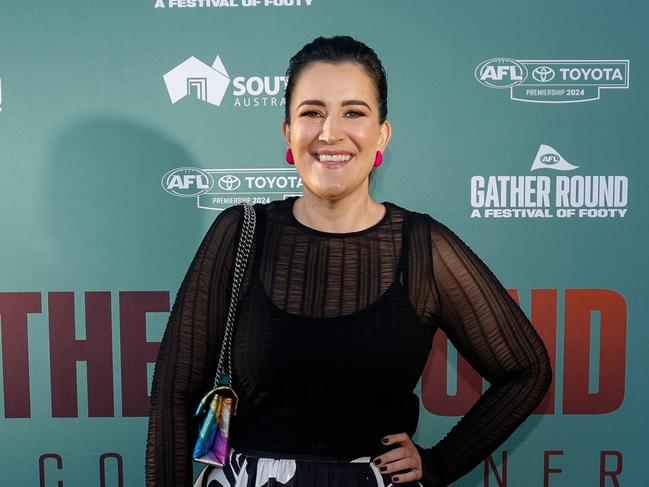
Her first foray into football administration came when she volunteered as the Melbourne University Women’s Football Club president, which - as a result of the shared use of Arden Street - led to her spearheading North Melbourne’s bid for an AFLW licence and a full-time role with the Kangaroos.
By 2021 she had transitioned into a role with AFL as the general manager of competition management.
“It was certainly not what I had planned but I’m very glad it happened,” she said of the switch from law to footy.
“The reason I wanted to work in footy was because I love footy and found it a transferable skill from a legal background into sports administration, I just think you have to be a very good problem solver to do both jobs.”
This Friday Kane will headline the guest speakers at the Gold Coast Suns Women in Sport Networking Lunch Suns Women in Sport Networking Lunch.
She will be joined as a guest speaker by Gold Coast Suns head of women’s football Fiona Sessarago, Paris Olympics bronze medallist Natalya Diehm, Hockeyroo Rosie Malone, and former Hockeyroo and Suns AFLW development manager Gabi Nance.
“It’s a celebration of women in sport, there are athletes and administrators on the panel and the intention is to support Gold Coast AFLW efforts and women at their club more broadly,” Kane said.
“It’s something that I am very excited for and passionate about … it’s a great way to celebrate women in the industry.”
More Coverage
Originally published as AFL executive GM of football Laura Kane opens up on her first 12 months in the role, how she handles scrutiny



